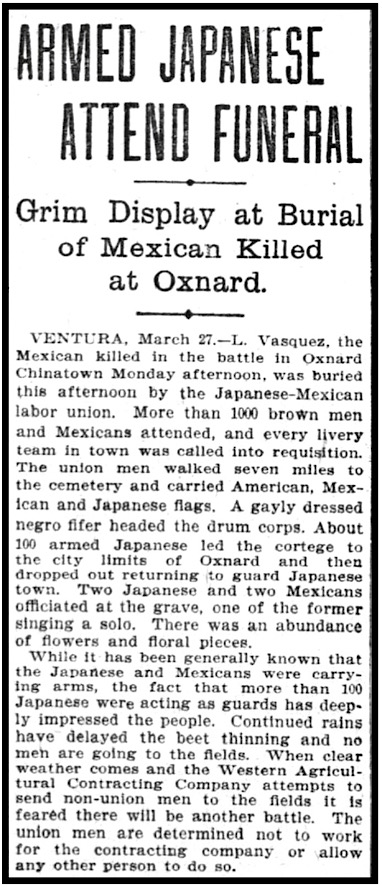 —————
—————
Hellraisers Journal – Sunday August 16, 1903
Mrs. Cremler Educates the President on “Race Suicide.”
Mr. President -A month or two ago you wrote a letter to Mrs. Van Vorst in which you deplored the tendency to “race suicide.” I did not see it for sometime, as we do not take any newspapers or magazines, for reasonsthat will appear hereafter. But I have a sister who is a teacher in one of our city schools, who is not married, as it is the understanding that a married woman is very likely to lose her place as a teacher; and aside from that the position of teacher appears to be naturally incompatible with that of prolific motherhood. That is one thing that tends toward “race suicide.”
My sister takes a monthly magazine, which she lets me read; and that isthe way I happened to see your letter to Mrs. Van Vorst.
Permit me to suggest that you appear to have overlooked one matter of great importance. I will try to explain what I mean by reference to my own household.
Our family consists of my husband, myself, three children (between six and twelve years of age), and my mother, 65 years of age. My mother is useful about the house, but she is too old and feeble to work out for pay, so her support comes out of my husband’s wages.
I read in that magazine of my sister’s that the average earnings of the laborers in all the manufacturing establishments of the United States, according to the last census, were less than $450 per year. My husband earned a little more than that. His wages were $1.50 a day. He fortunately was in excellent health, and worked every day except Sundays and holidays-306 days-and his income was $459.
I had our eldest daughter, as practice in arithmetic, as a matter of business training, and to see to it that we did not run in debt, keep an exact account of our expenditures They were as follows:
The sum total paid out for food materials was $328. That was a fraction less than 90 cents per day-15 cents for each of six persons, or not quite 5 cents a meal. I economized in every way to reduce the expense below that figure, but could not. A pint cup of bread and milk for one of the children costs more than that.
Our family occupies a three room house in the outskirts of the city. Of course we are badly cramped for space. There must be a bed in each room. Fortunately we have not much other furniture. We are always in a cluttered up condition, from the fact that we have no cellar. I do not see how we could get along with any smaller house. For this we pay $7 a month-$84 per year.
Our clothing, including hats, shoes, everything for summer and winter, cost a total of $30: an average of not quite $4.50 each. I cannot see how we could have got along for less.
We have but one stove in the house-an old broken concern that was second hand when we bought it. In the winter my mother lies abed considerable of the time to keep warm and give the rest of us a chance at the fire. I do not see how we could have been more economical than we were in the use of fuel, but it cost us $18 during the year.
Light costs us comparatively little. Sometimes-in summer-we used none whatever, for several evenings in succession. Probably we felt the deprivation less than we would if we had anything about the house read. But in the winter, when darkness came early, I was sorry that the children had to go to school with lessons unlearned, which they might have learned if there had been lamplight by which to study them. Light cost us on an average of three-quarters of a cent a day-$2.75 for the year.
Last winter, because of getting my feet wet while wearing unmended shoes and sitting in a cold room, I was taken down with pneumonia, and was sick for a fortnight.
As our house sits down flat on the damp ground my mother has become afflicted with rheumatism. However, we both get along without a doctor, or we would have had to add his bill to our other outlay.
To sum up, the year’s expenses were as follows:
You see, the very best we could do we expended a little more than my husband’s earnings. And his work was not interrupted by sickness. There was no doctor bill to be paid for any of us. The furniture we bought the first year after our marriage, before we had any children, is wearing out, but we have bought none to replace it; my husband spent not a cent for tobacco nor intoxicating drinks; he walked to his work every morning, even through the rain, without spending a cent for street car tickets; we have not been to church this year, for we will not occupy anybody else’s pew, nor the pauper pew, and sit like a bump on a log when the contribution plate is pushed under our noses; we have not gone out on picnics, nor excursions, nor attended any entertainment of any kind. How could we? Few slaves on a southern plantation ever worked harder, or had less in the way of amusement or recreation in the course of the year, than we.
Dividing $459 by 6 gives $76.50 as the average annual expense for each member of our family-less than 21 cents a day. Our county board of supervisors allows our sheriff 25 cents a day for feeding prisoners in the county jail; and the same allowance is made for the paupers in the county alms house. It seems to me it is as much as I ought to be required to do to support our family-food, rent, clothing, fuel, everything-on less than is paid out for food alone for paupers and criminals.
Our house rent can not be crowded down a cent; the landlord must have his pay, and that in advance, no matter what else may happen. Most of the other items of expense, as you see, are already at their lowest limit. If we expend anything for furniture, books, newspapers, entertainments, preachers, doctors, funerals, or other incidentals, it must come out of our food bill. For instance, by eating only 3 cents worth of victuals at breakfast this morning, instead of five, I saved 2 cents with which to buy the paper on which I am writing this letter. By eating a 3-cent dinner I save 2 cents with which to buy a postage stamp to mail it. The pen and ink I have borrowed from a neighbor.
I find in that magazine of my sister’s the statement, deduced from the census reports and the bulletins of the Labor Bureau, that more than twelve millions of the citizens of the United States-men, women, and children, the families of laborers-are living on even a less amount per day than we.
But to come back to my own family. You will observe that $76.50 is the average annual expense for each of us now, when there is no extra medical attendance on account of the advent of another child into the household. That would certainly mean more than $25 additional.
Now, Mr. President, I submit to your candid judgment whether it would not be the height of folly-worse than that, criminal recklessness-for us to make family arrangements that would necessarily involve us in an expense next year, and for indefinite years to come, of from $75 to $100 a year more than we have any reason to expect my husband’s income will be, even in case he keeps his health, and work remains plentiful, and prosperity continues to reign?
(MRS.) CY J. CREMLER.
Washington. D. C..
[Emphasis added.]


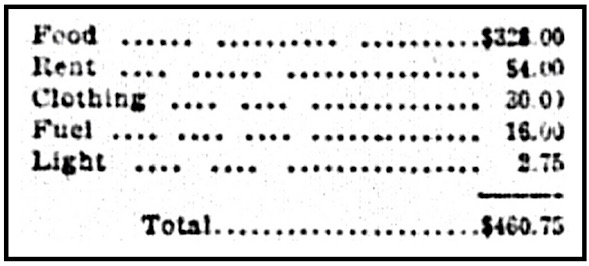
 —————
—————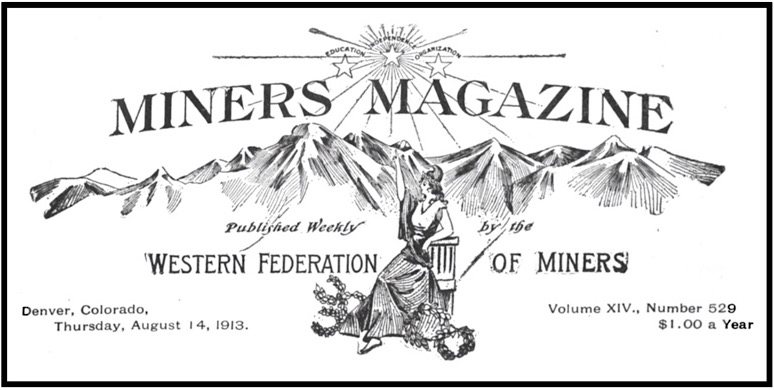
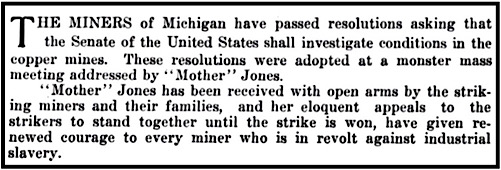
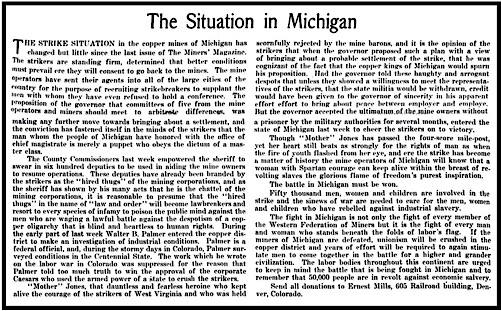

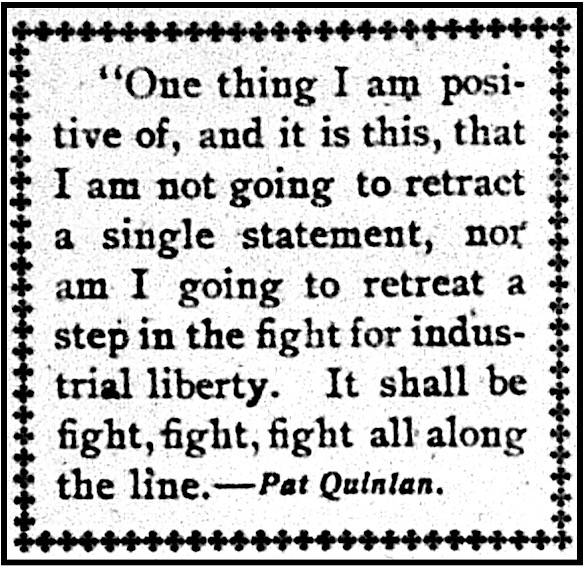
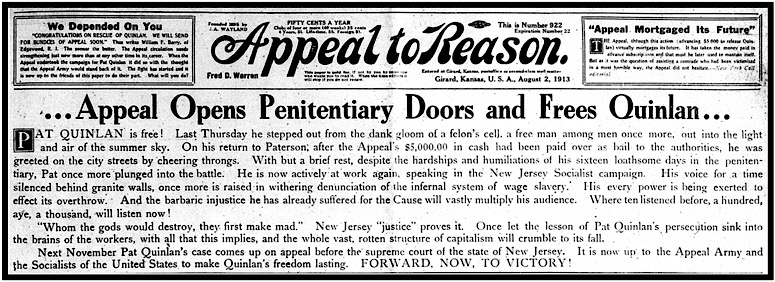 —–
—–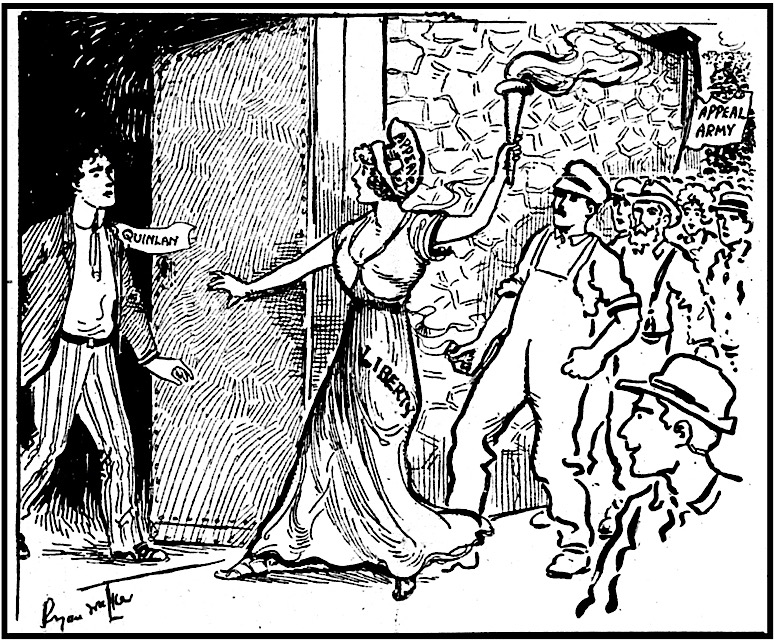 —–
—–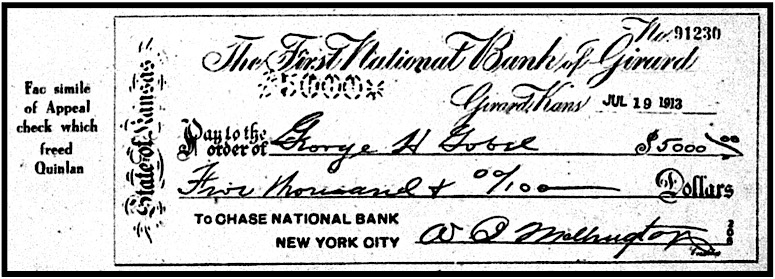
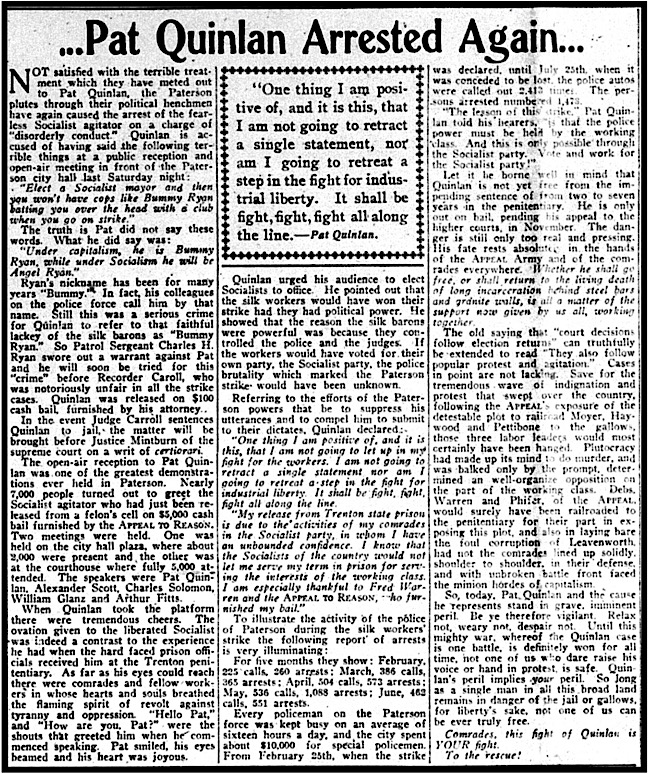
 —————
—————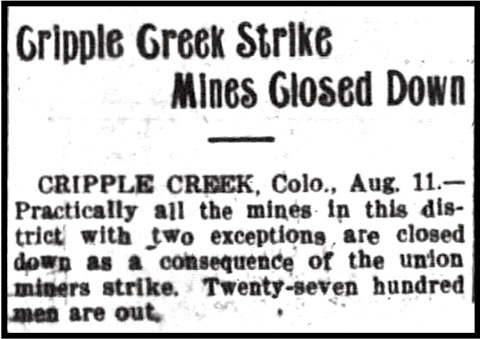
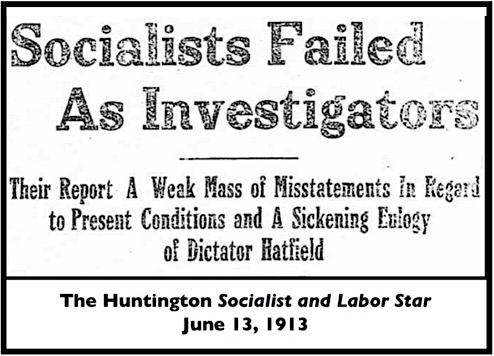 —————
—————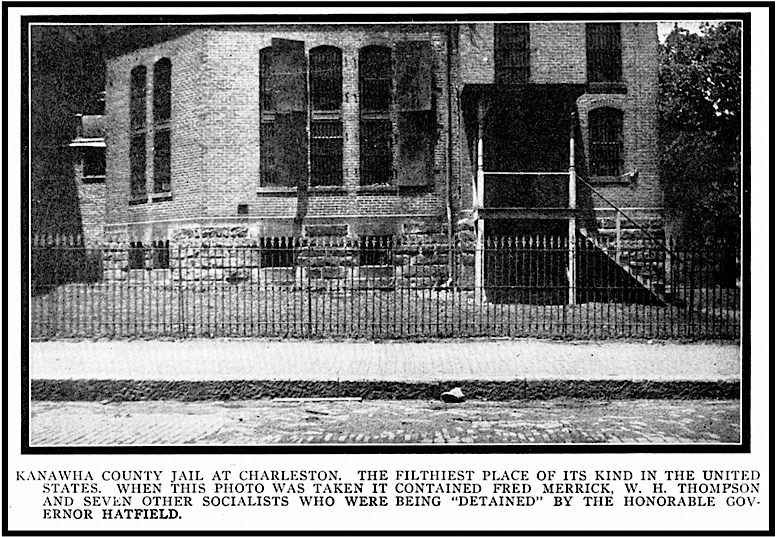
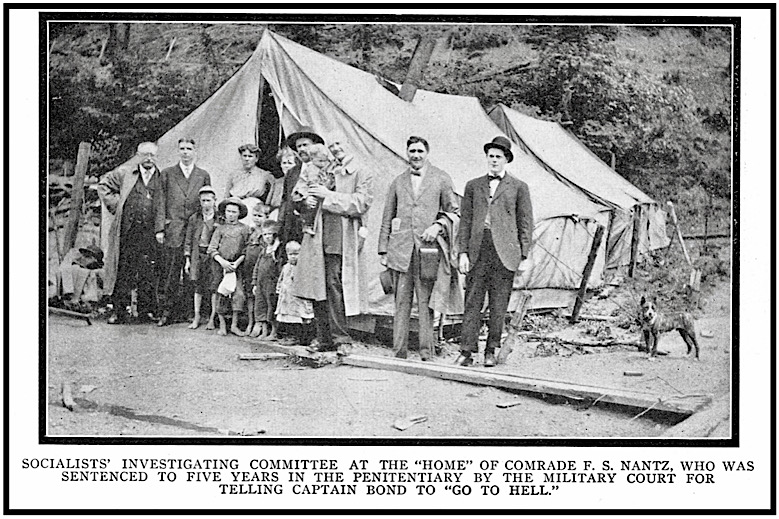

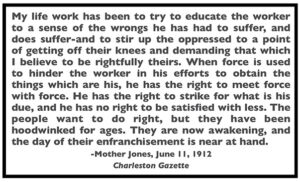 —————
—————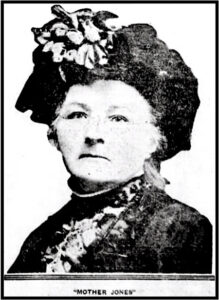
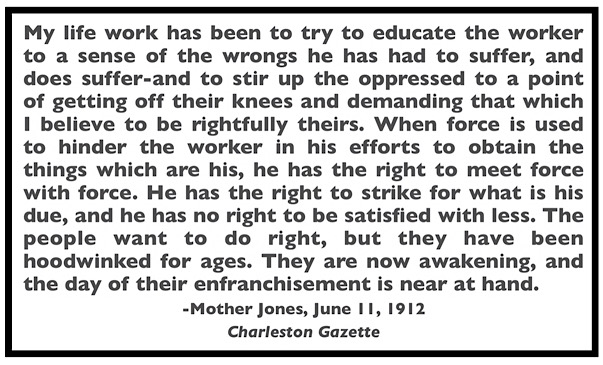 —————
—————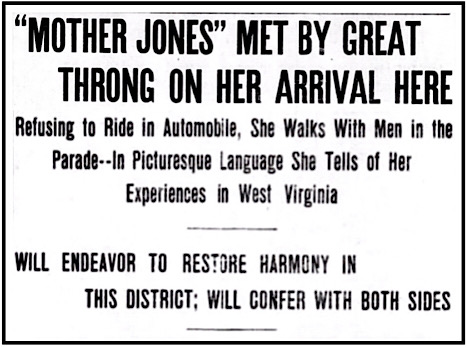
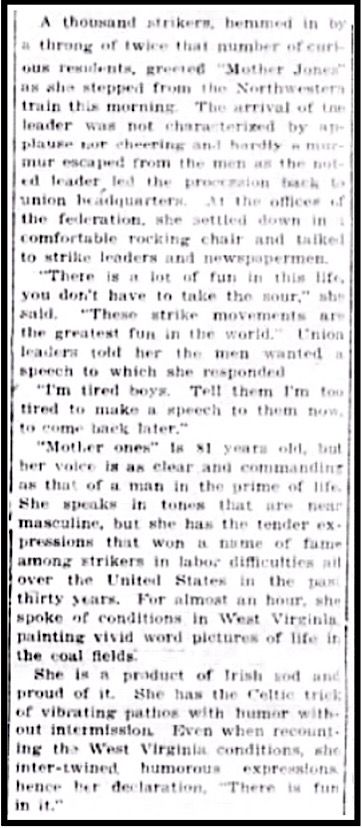 [……]
[……]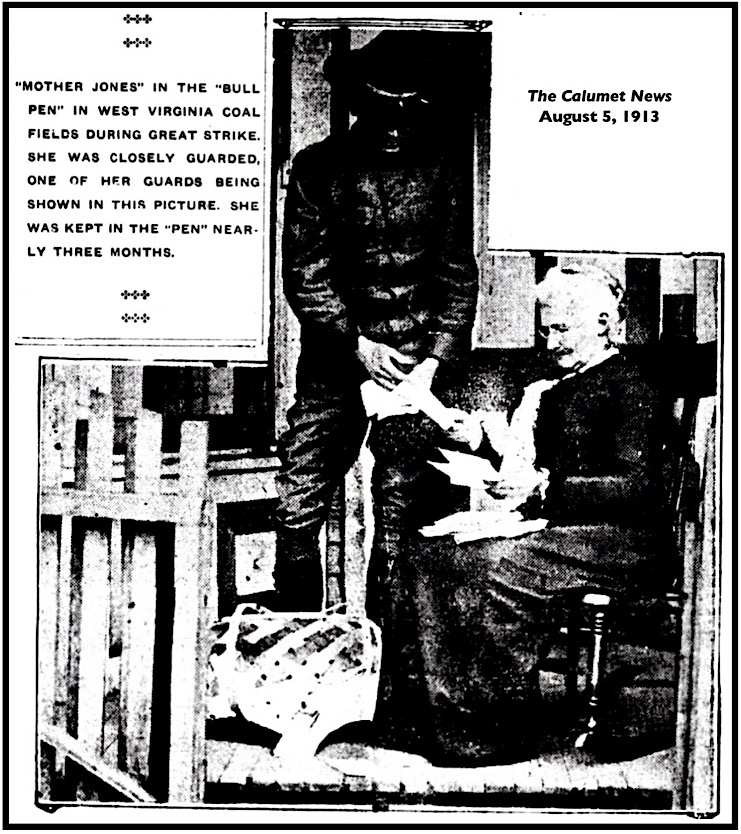 —–
—–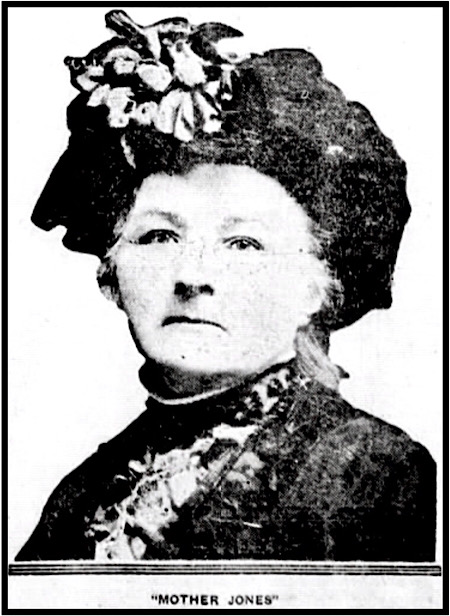
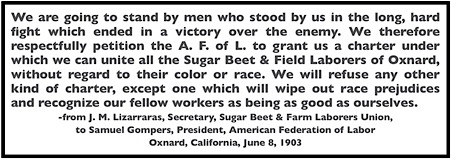 —————
—————